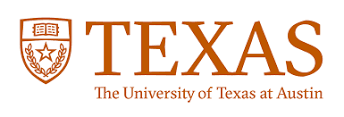
The University of Texas MD Anderson Cancer Center and Daiichi Sankyo Company, Limited have announced a multi-year collaboration focused on accelerating the development of novel therapies for acute myeloid leukemia (AML).
The collaboration represents an innovative approach to AML research by focusing on numerous clinical trials using several investigational compounds from the Daiichi Sankyo pipeline and multiple agents in combination regimens. Compounds to be studied include quizartinib, a FLT3 inhibitor in late-stage clinical development, and three agents in early-stage development: DS-3032, an MDM2 inhibitor; DS-3201, a dual EZH1/2 inhibitor; and PLX51107, a BET inhibitor.
“At MD Anderson, we are dedicated to finding new solutions for cancer treatment. It is our hope this collaboration will provide opportunities to offer more effective options for treating our AML patients,” said Hagop Kantarjian, MD, Chair of Leukemia at MD Anderson.
The collaboration will launch multiple phase 1 and 2 clinical trials conducted by MD Anderson with the aim of expediting delivery of new therapies. The studies will incorporate translational work, including exploration of novel biomarkers as well as pre-clinical studies of new agents aimed at mechanisms of resistance to existing treatments.
“We are excited to enter into such a large scale partnership with one of the world’s leading leukemia centers,” said Antoine Yver, MD, MSc, Executive Vice President and Global Head, Oncology Research and Development, Daiichi Sankyo. “Given that AML is not a single disease, but a group of related diseases, it is important that we work to address it from a variety of angles. This illustrates the commitment of our AML Franchise to science and academic partnership. By joining forces with the talent and resources of MD Anderson, we aim to help improve the standard of care for patients with AML.”
Md anderson, daiichi sankyo ink research pact, speed up development of aml therapies